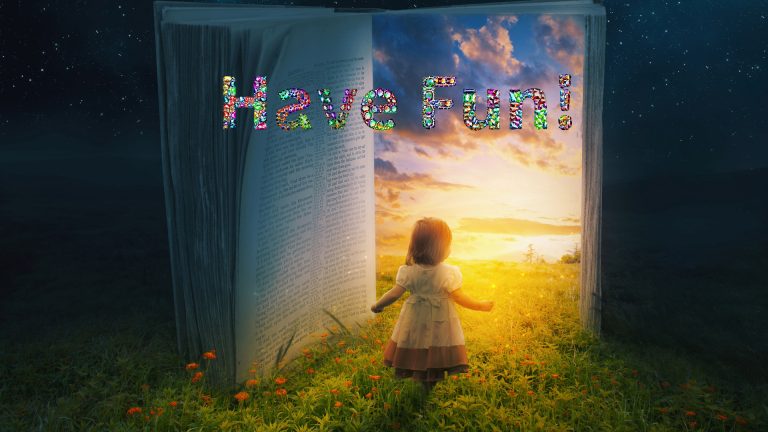So Are There Actually Standards in Literature?
Yesterday I wrote about my preferences in literature, being careful to note how these were my preferences and not some sort of objective standard for what is good and what is bad literature.
Amongst other things I said this:
That means that there’s no objective “good book” and “bad book” for the most part. There are books that will entertain nobody, inform nobody, and challenge nobody. But there are also books that don’t entertain me, but are just the thing for somebody else. . . .
So this morning I’m reading a couple of my favorite blogs, evangelical outpost and Locusts and Honey, and between them I find a set of articles that are trying to argue against my point. They want to say that there are some very objective and important standards.
Now if I were paranoid or megalomaniacal I might think that these posts came as a result of my off the cuff remarks, but being mentally balanced, I’m aware that my remarks had nothing to do with it. I’m used to an occasional exchange from my Threads blog, but never expected to do one from this “fun” blog where I let down my hair. But here goes . . .
Joe Carter in his nifty weekly 33 things post links to this post which claims that changing good creatures into bad fosters bad morals. Here’s the quote:
It’s as if the authors of such fiction want to numb their readers to the idea that real evil exists and is consistently recognizable. If you’re convinced a dragon, or vampire, can only be deemed bad after you’ve gotten to know him, you’re more likely to give all the dragons and vampires a chance to prove their character before making a judgment. Sadly, the time that passes between meeting a new and as yet unjudged dragon/vampire and deciding whether he’s of the good sort, or bad, is a time of extreme vulnerability.
Apparently the author expects people to respond with “lighten up, it’s just a story.” But that isn’t my response. I actually find a good deal of moral good in making the moral character of a creature separate from its form. Having good dragons and bad dragons makes them much like people–form doesn’t determine moral quality. Just because a symbol has been used for something evil doesn’t mean that is the only way it can be used.
Frankly I think that stories that make the assumption that traditional good and evil roles always fit with the expected people teach a very bad lesson. They teach that one can use stereotypes to make moral decisions. Now I don’t mind a few stereotyped stories; just don’t overdo it. But don’t get over the top if I put a nice dragon in a story either.
The other article that related was this one (Locusts and Honey comment here) which I actually could use as exhibit A for elitist views of literature and music.
The key quote comes here:
My relativist undergraduates feel empowered by a leveling theory that puts their favorite rock band on equal footing with Bach and Mozart; but watch how quickly a qualitative hierarchy races back when, in the interests of consistency, you suggest that their favorite band must be no better than the Backstreet Boys (or that their favorite bohemian film is no better than, only different from, Police Academy 5). . . .
And I could simply ask on just what basis you do say that one is objectively better than the other. Philosophers regularly argue that their thoughts are better than those of common people, and of course than those of certain other philosophers. But the question is just how one tells which is which? A popular presentation will have a much greater impact on the public in general. Which is better, an obscure philosophical article that is read by 20 or 30 people or a popular article read, and perhaps understood by millions? Either may be right or wrong. Either may be dangerous or of positive value to society.
My point is that while there are some objective characteristics both of literature and of thought, there are also abundant subjective factors. Elitists like to list boring and obscure literature and call it great. But what made it great, other than that people who write obscure prose happen to agree that it is? In the meantime, millions who just enjoy literature, or film, or other forms of entertainment simply go out and, well, enjoy it.
I’m often in the minority. In this case I’m with the millions.
And if you ask me why my favorite literature is better than your choice, my answer is this: “Because I like it!”
Discover more from The Jevlir Caravansary
Subscribe to get the latest posts sent to your email.

